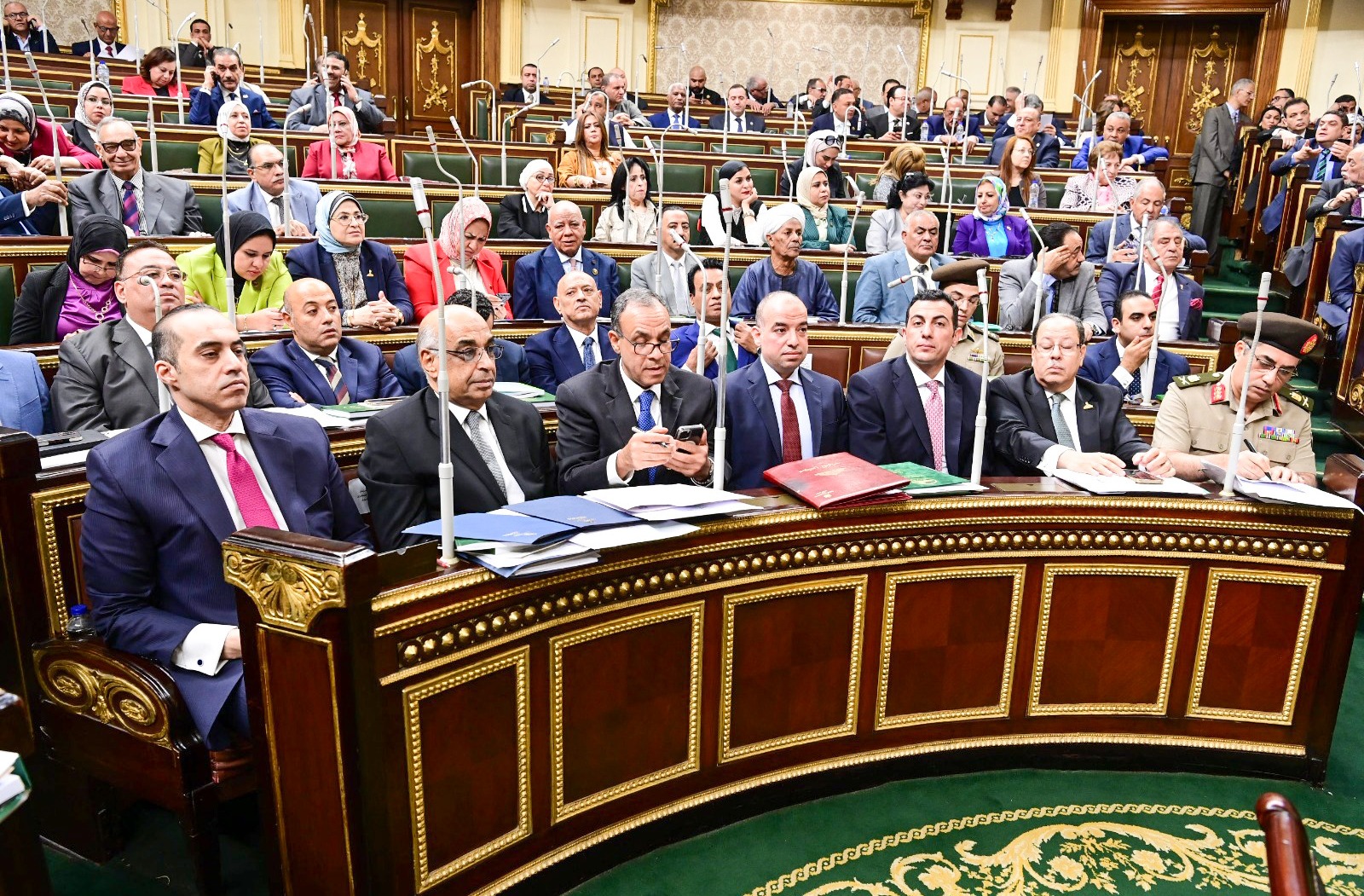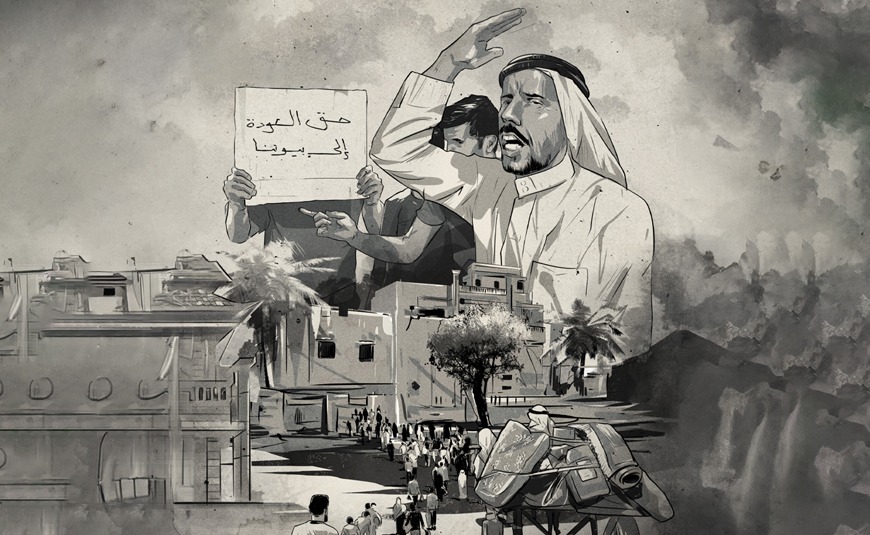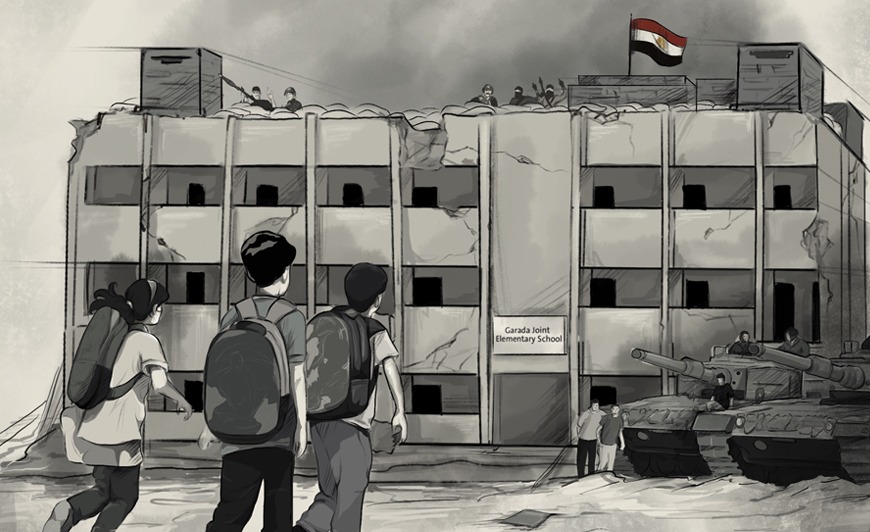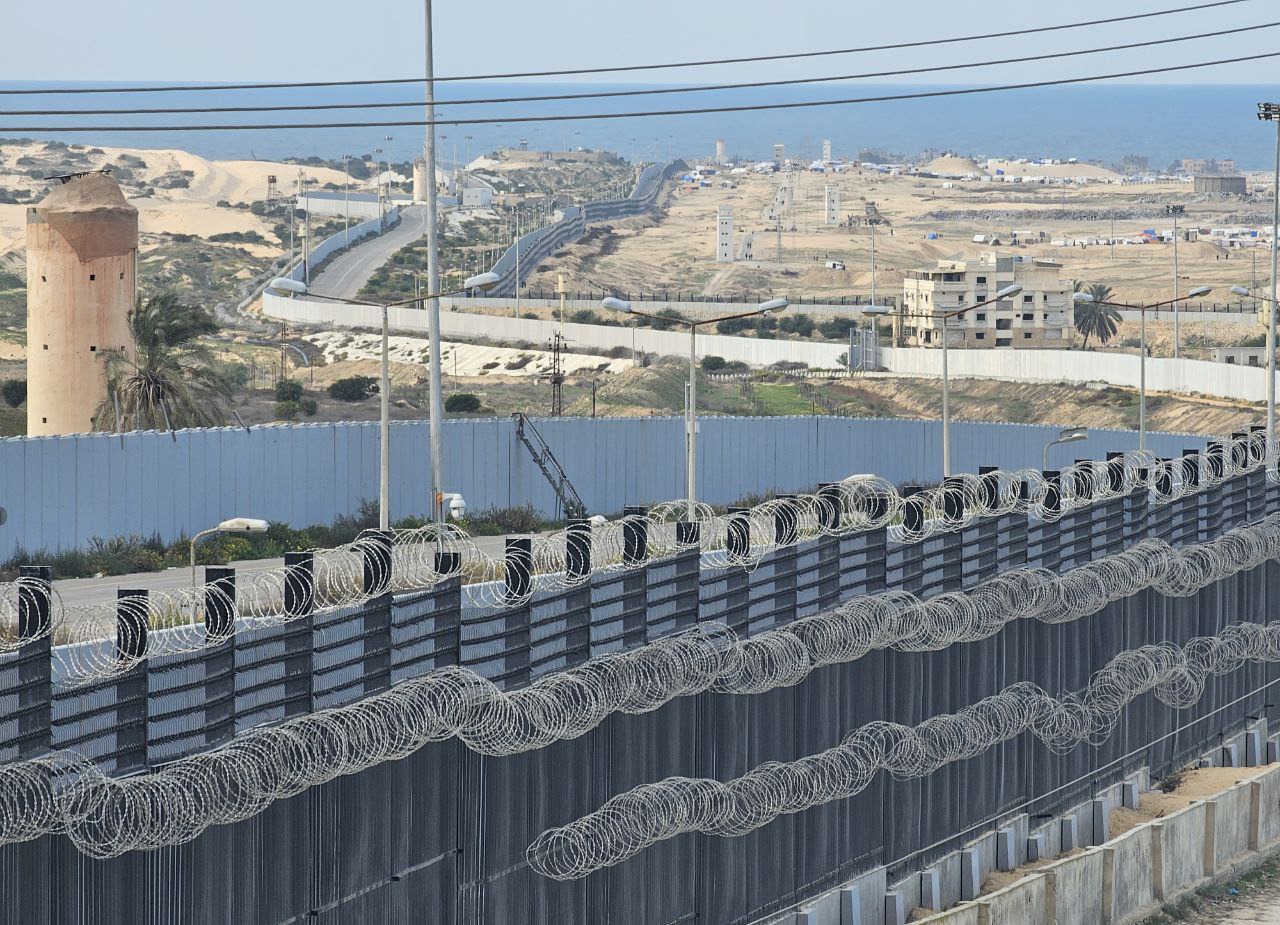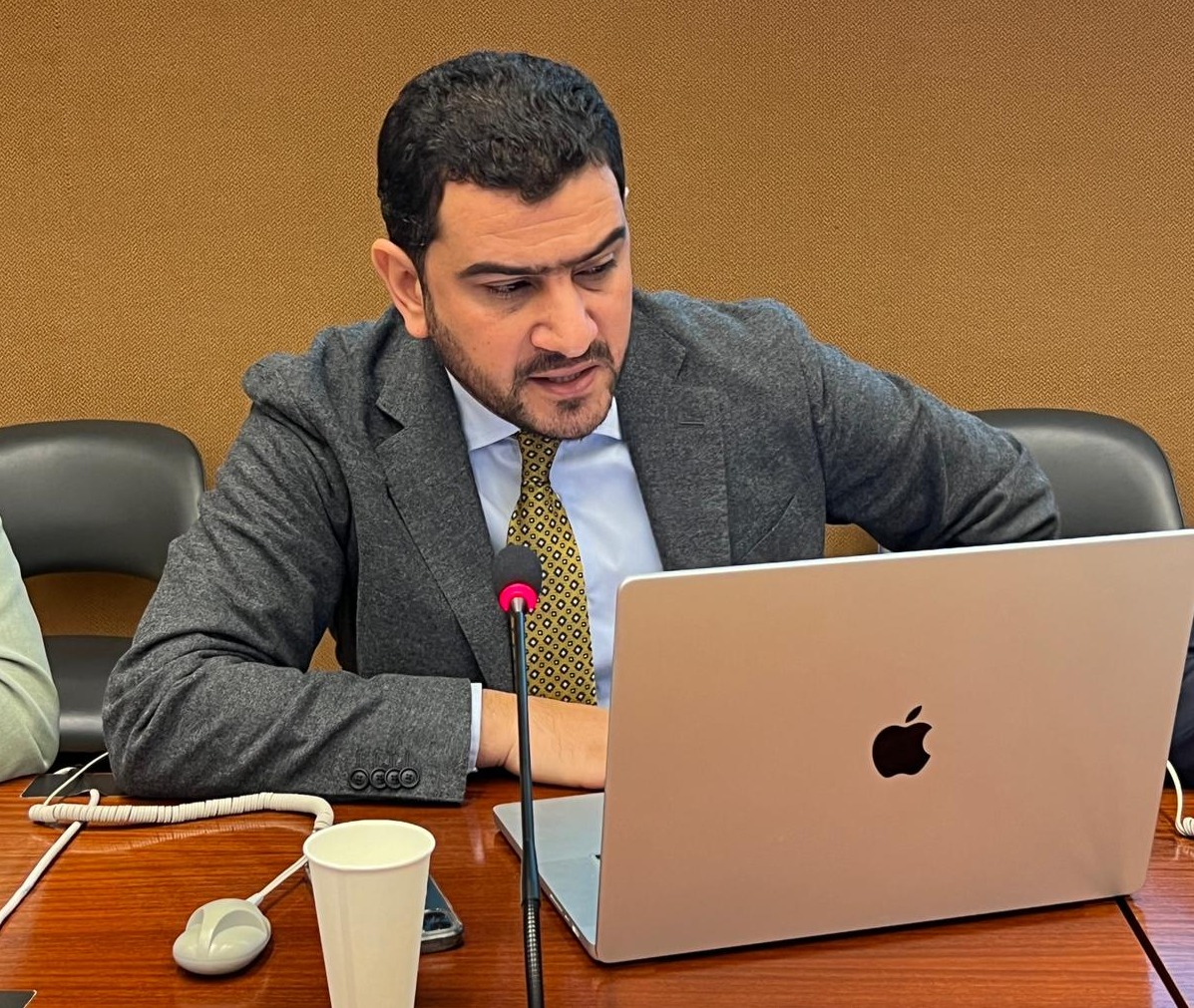
The Speech of the Executive Director of the Sinai Foundation for Human Rights at the Universal Periodic Review of Egypt's Human Rights Record, held in Geneva at the United Nations.
In 2013, an armed fight erupted between the Egyptian government forces and Wilayat Sinai, a local group that later pledged allegiance with ISIS, in Egypt’s North Sinai. The war was largely hidden and underreported given the secluded nature of North Sinai.
However, attacks and counter attacks escalated rapidly and the fight involved tens of thousands of soldiers, air force, battle tanks and much more. Indeed, the situation amounted to a non-international armed conflict. And it was marked by gross human rights violations by warring sides that brutalized local residents. Such violations included hundreds of extrajudicial killings, thousands of enforced disappearances, and thousands of arbitrary detentions. They also included attacks on schools, demolishing of 15,550 houses and forced evictions of tens of thousands of residents. Many of these violations amounted to war crimes.
The local residents suffered from intimidation and collective punishment by Egyptian military forces during the long years of the conflict, which came on top of decades of marginalization that exacerbated during the war, including lacking access to basic services such as electricity, food, car fuel, education, health care, in addition to irregular cuts of the internet services.
Hostilities subsided around 2022 and ISIS attacks stopped as the group was largely eradicated.
In April 2022, President al-Sisi announced an end to ongoing military operations in North Sinai. However, the region remains a de facto military zone.
Despite the serious abuses, the recommendations to Egypt at the 2019 UPR did not include any mention of the situation in Sinai, at least in part because of the strict media blackout and restrictions imposed on independent reporting. However, the Sinai Foundation, Human Rights Watch and others have broken the silence. I highly recommend you seize the opportunity to speak up and address the legacy of the horrors and war crimes that were committed during the last decade.
-
Forced eviction and the right to return
The unlawful home demolitions and forced evictions by the military have resulted in the displacement of around 150,000 people, roughly a quarter of the population of Northern Sinai.
Despite the official announcement of the end of the hostilities in 2022, the Egyptian authorities are yet to allow the indigenous people to return to their land.
Recommendations:
-
Halt all ongoing,abusive home demolitions and forced evictions in North Sinai.
-
Promptly, fairly and fully compensate all families evicted from their homes, land, and farms and those who lost sources of income. Allow recourse through independent judicial review.
-
Fully investigate and hold accountable government and non-government forces involved in serious crimes, including systematic abductions, enforced disappearances and extrajudicial killings.
2) Child Recruitment:
In a 2023 report, Sinai Foundation documented Military forces and Pro-government tribal militias were involved in child recruitment. Between 2013 – 2022, children were recruited with tasks such as spying or delivering food supplies. The ISIS group chased these children and brutally killed them later.
in late September 2023, the US government listed its Egyptian counterpart for the first time in the annual human trafficking report issued
Later in June 2024 the UN Child Right Committee issued its concluding observation, on the combined fifth and sixth reports of Egypt, as part of its ninety-sixth session, which addressed the plight of Sinai children. The CRC experts analyzed rigorous evidence provided by Sinai Foundation and issued the following recommendation which we adopt too:
Recommendations:
(a) To prevent the recruitment and use of children in hostilities by state or non-State
armed groups
(b) To prohibit children below the age of 18 years from joining the armed forces and to consider raising the minimum age for voluntary recruitment into the armed forces to 18 years;
(c) To provide monitoring institutions, including international organizations, with access to North Sinai and to carry out investigations.
3) Attacks on Education
In a 2024 report, The Sinai Foundation documented the attacks on education including at least 73 schools that had been demolished fully or partially by the Egyptian Military and at least 48 schools that had been used for military purposes by the Egyptian armed forces, some of them still serving as a military outpost till now.
Later in June 2024 the UN Child Right Committee issued its concluding observation, as part of its ninety-sixth session, and issued the following recommendation which we adopt too.
Recommendations:
-
To ensure that schools in North Sinai are not used as military bases;
-
uphold the rights of children in North Sinai, including the right to education, by
repairing and rebuilding schools damaged or destroyed during the armed violence and
to consider endorsing the Safe Schools Declaration;
These are some of the most basic recommendations but I invited all esteemed audiences to find more in our reports and push the Egyptian government to open Sinai for independent reporters.
Tags
Recent Posts
Most viewed
Related Postes
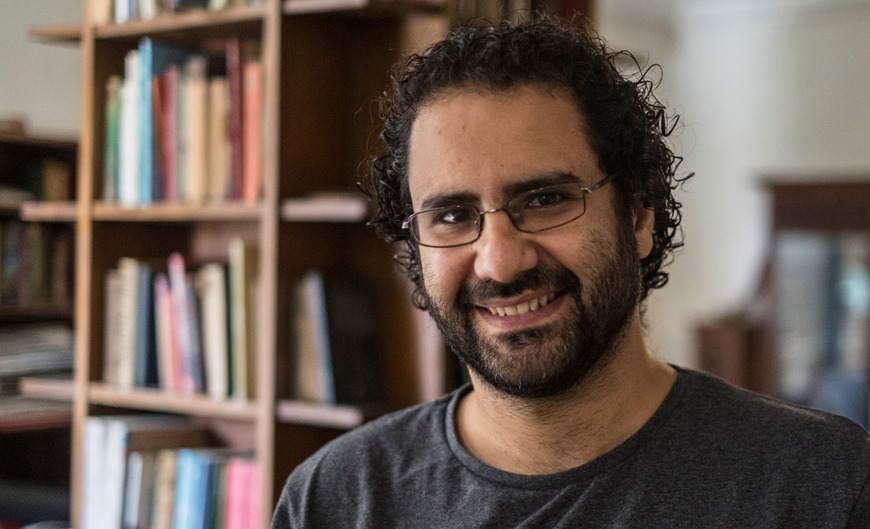 English content
English content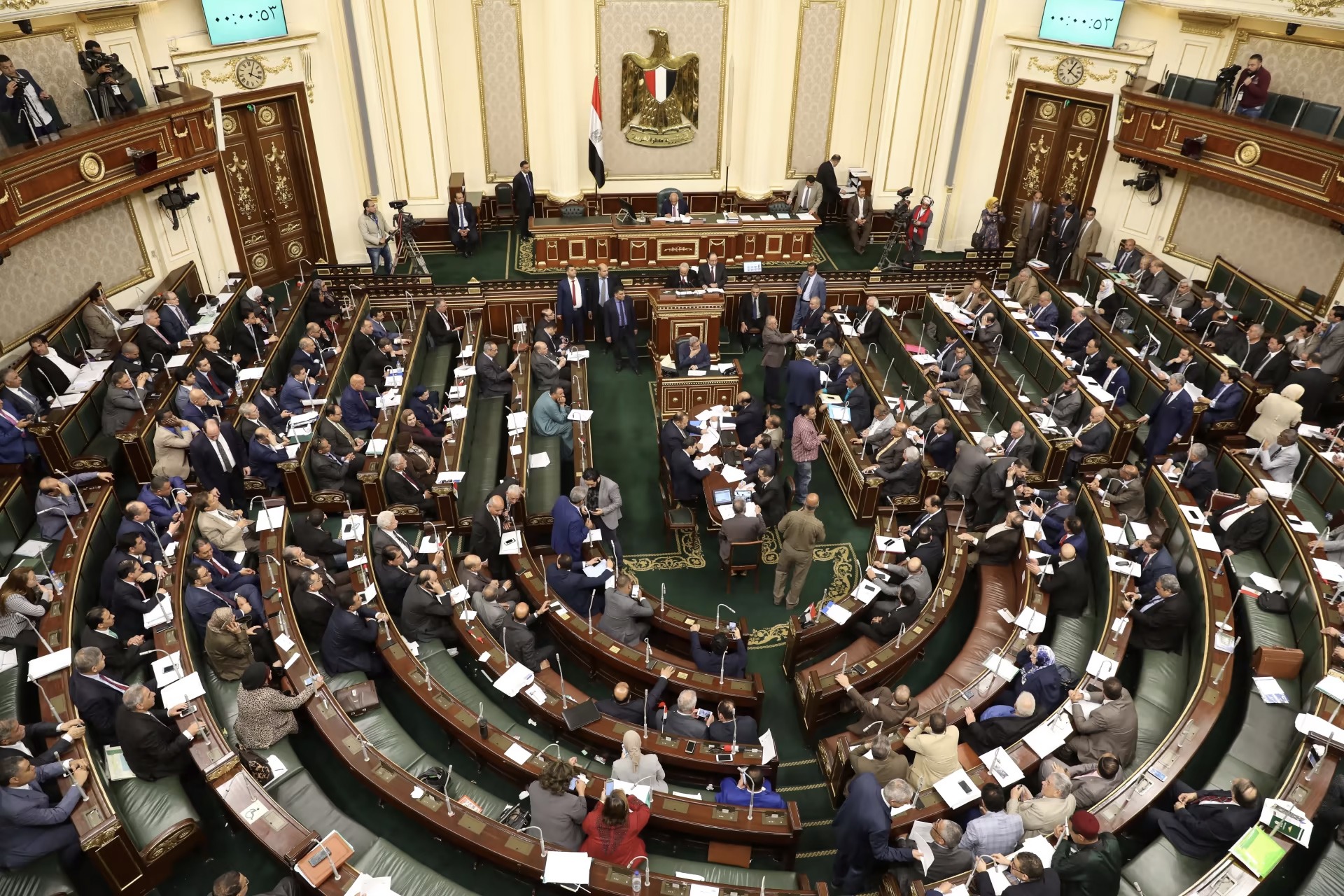 English content
English content

